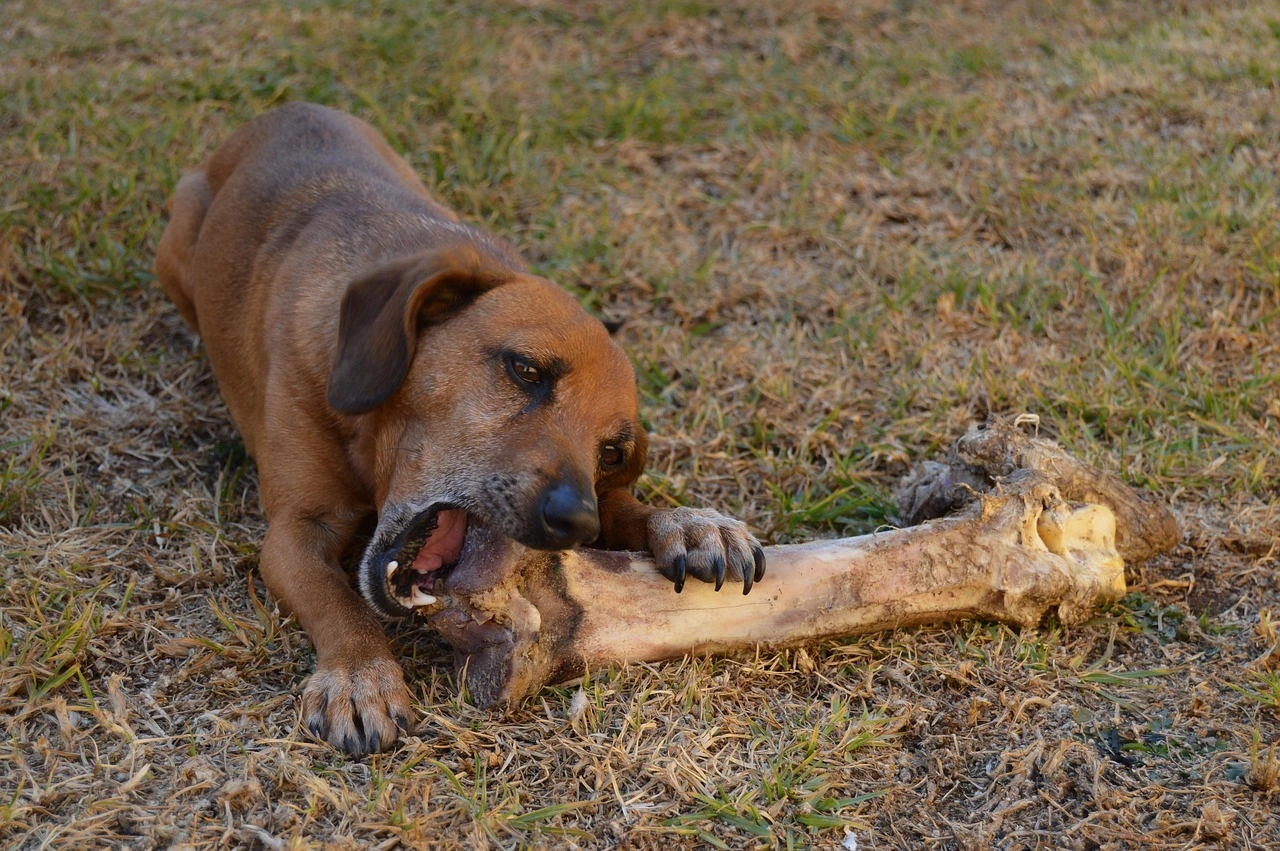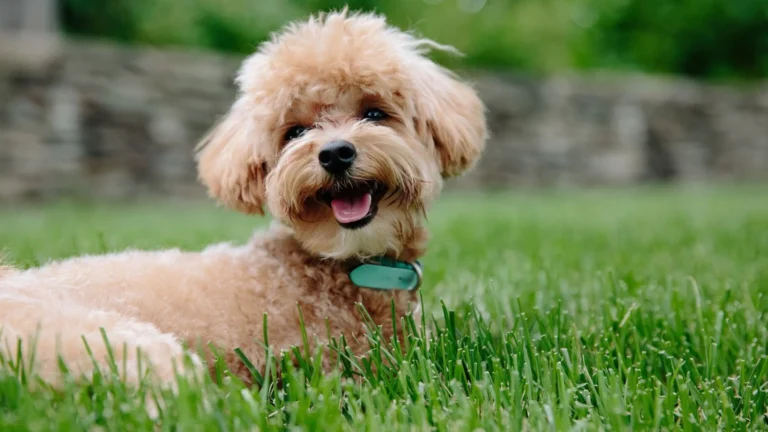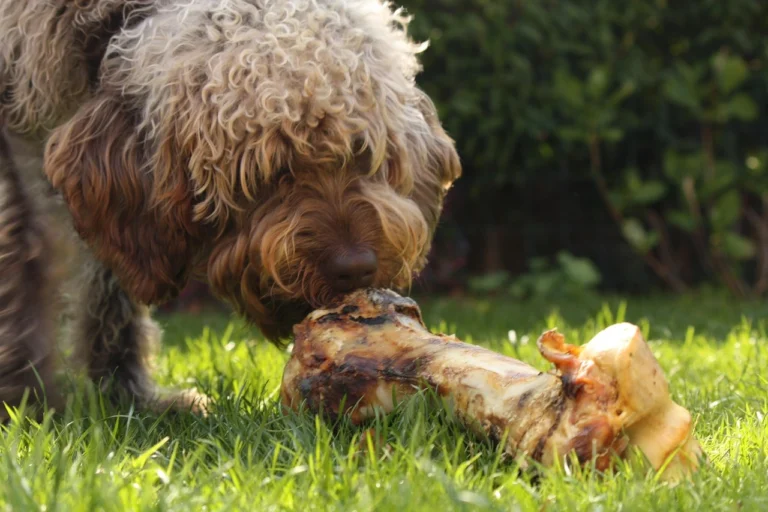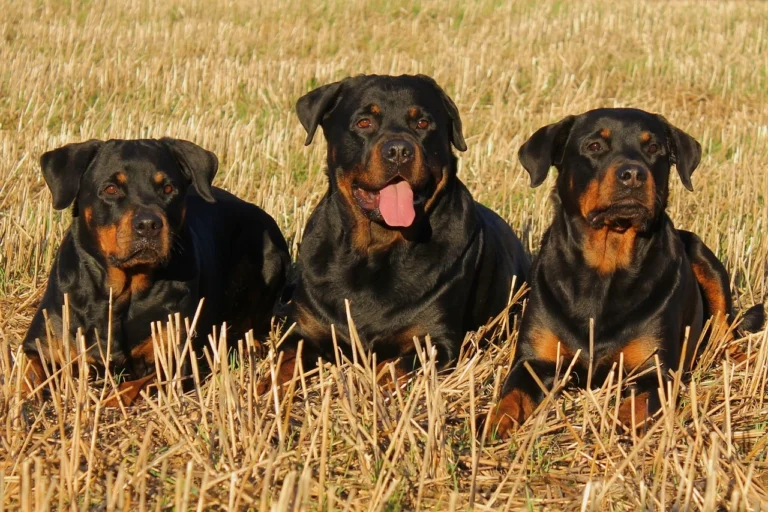What to Do If Dog Eats Chicken Bones: Vet Advice
Your heart races as you watch your dog grab a chicken bone from the counter. Panic hits you. What do you do if your dog eats chicken bones? This fear is common among pet owners, but knowing the right steps can save your dog’s health.
Dogs can’t safely eat chicken bones because they’re a big risk to their digestive system. It’s important to know how to get your dog to the vet fast if they eat chicken bones.
Chicken bones can break into sharp pieces that might hurt your dog’s insides. If you see your dog eating chicken bones, stay calm but act fast. Quick action can stop serious problems.
This guide will show you what to do if your dog eats chicken bones. We’ll give you vet advice to help you through this stressful time. We’ll share key info to keep your furry friend safe and healthy.
Table of Contents
Understanding the Risks of Chicken Bone Ingestion
When Dog Eats Chicken Bones, it can quickly turn into a serious health concern. While dogs have strong, complex digestive systems, chicken bones create unique dangers every owner should understand.
The risk changes depending on whether the bones are raw or cooked, as each affects how they break down in your dog’s stomach. Knowing these risks helps you protect your dog from painful complications and potential emergencies.
Why Cooked Bones Are More Dangerous
Cooked chicken bones are brittle and dangerous. Unlike raw bones, they can easily break into sharp pieces. These pieces might:
- Puncture the throat
- Cause internal bleeding
- Create digestive tract blockages
- Potentially require surgical intervention
Potential Health Hazards
Dog swallowed chicken bone symptoms can show in many ways. Look out for these signs that could mean serious problems:
- Excessive drooling
- Difficulty swallowing
- Vomiting or retching
- Visible distress or whimpering
- Lack of appetite
Raw vs Cooked Chicken Bones
Raw chicken bones are slightly easier to digest, but still risky. Can dogs digest chicken bones safely? No, they can’t. Even raw bones can cause choking, blockages, or internal injuries.
Veterinary experts always say to avoid giving dogs chicken bones, raw or cooked.
Knowing these risks helps you make better choices for your dog’s diet and safety. Always talk to your vet if you think your dog ate chicken bones.
Immediate Steps to Take If Your Dog Eats Chicken Bones
Seeing your dog eat chicken bones can be scary. It’s important to act fast to keep them safe. This is especially true for emergencies like bone ingestion.
Your quick actions can help avoid health problems. Stay calm and follow a plan to handle this situation.
Initial Assessment of Your Dog’s Condition
Do a quick but detailed check of your dog:
- Look for signs of choking or distress
- Check for visible discomfort or pain
- Observe breathing and swallowing ability
- Watch for any signs of bleeding or unusual behavior
When to Contact Emergency Vet Services
It’s key to know when to call the vet for bone ingestion. Call a vet right away if you see:
- Persistent coughing or gagging
- Difficulty swallowing
- Vomiting or retching
- Visible signs of internal bleeding
- Extreme lethargy or weakness
Critical Actions to Avoid
Some actions might hurt your dog. Do not:
- Attempt to induce vomiting without veterinary guidance
- Give over-the-counter pain medications
- Force-feed or provide water immediately
- Ignore potential symptoms
Professional veterinary assessment is always the safest approach in potential bone ingestion emergencies.
Quick vet help can stop serious health issues. It keeps your dog safe.
Signs and Symptoms of Complications
Watching your dog after they eat chicken bones is very important. You need to look out for signs of health problems. These can show if your dog has swallowed a bone and is hurt inside.
Symptoms can show up fast or take a few hours. Here are some key signs to watch for:
- Persistent vomiting or dry heaving
- Visible discomfort or whimpering
- Reduced appetite or complete food refusal
- Unusual lethargy or decreased activity
- Blood in stool or vomit
Big problems like internal bleeding, holes in the intestines, or blockages can happen. Get your dog to the vet right away if you see any serious symptoms.
| Symptom | Potential Severity | Recommended Action |
|---|---|---|
| Abdominal pain | High | Contact veterinarian immediately |
| Continuous vomiting | Medium to High | Seek emergency medical evaluation |
| Straining during defecation | Medium | Monitor closely, consult vet |
Keep a close eye on your dog after they eat chicken bones. Write down any changes you see. This helps the vet understand what’s going on with your dog.
What to Do If Dog Eats Chicken Bones: Emergency Response Protocol
If your dog eats chicken bones, act fast to avoid serious health issues. Knowing how to respond quickly is key to keeping your pet safe. It’s important to know when to get veterinary help for dog bone ingestion.
Monitoring Your Dog’s Behavior
Watch your dog closely after they eat chicken bones. Look out for these signs that mean you need to get vet help right away:
- Persistent gagging or choking
- Excessive drooling
- Repeated vomiting
- Visible distress or whimpering
- Difficulty breathing
- Blood in stool or vomit
Documentation for Veterinary Visit
Get ready for your vet visit by gathering important information. Collect these details:
- Approximate time of bone ingestion
- Type and size of chicken bone consumed
- Your dog’s current symptoms
- Recent dietary history
- Current medications
Emergency Transportation Tips
When moving a dog with possible bone issues, handle them carefully. Keep your pet calm and restrict movement. Try to have someone with you to help and comfort your dog on the way to the vet.
Remember: Quick action can prevent serious health risks from chicken bone ingestion.
Veterinary Treatment Options and Procedures
If your dog swallows a chicken bone, it’s urgent to see an emergency vet. They will check your dog thoroughly to figure out the best treatment.
The first steps in diagnosing your dog include:
- Checking your dog’s belly
- Using X-rays or ultrasound
- Testing blood for complications
- Maybe doing an endoscopy
The treatment for a dog with a chicken bone blockage can vary. Some important steps might be:
- Giving fluids to prevent dehydration
- Removing bone pieces surgically
- Medicine for pain and swelling
- Helping with digestion
In some cases, your vet might suggest a conservative management plan. This means watching your dog closely, giving them a special diet, and medicines to help them pass the bone.
Always follow your veterinarian’s specific instructions for your dog’s unique situation.
If your dog shows signs of a serious blockage or risk of a hole in the intestine, surgery might be needed. The vet will decide if a small procedure or a bigger surgery is best to keep your dog safe.
Home Care and Monitoring Guidelines
Proper home care is key for dogs that ate bones. After a chicken bone incident, your dog needs careful watching and special care. This is to prevent any bad outcomes.

Watching your dog after they ate chicken bones is very important. It ensures their health and happiness. Here are some important steps to follow.
Dietary Adjustments
Your dog’s diet is very important for recovery. Vets suggest making some changes to help them heal:
- Switch to bland, easy-to-digest foods
- Give small meals often
- Avoid hard or crunchy treats
- Make sure they always have fresh water
Activity Restrictions
It’s important to limit your dog’s activity during recovery. Make a calm space for them. This helps avoid any internal problems.
- Don’t let them do hard exercise for 48-72 hours
- Keep them in a quiet, comfy spot
- Stop them from jumping or playing rough
- Use a soft bed for them to rest
Recovery Timeline
| Recovery Stage | Duration | Key Observations |
|---|---|---|
| Initial Monitoring | 24-48 hours | Watch for digestive issues, pain, or discomfort |
| Restricted Activity | 3-5 days | Limit physical movement, monitor eating habits |
| Gradual Return to Normal | 1-2 weeks | Slowly reintroduce regular diet and exercise |
Always talk to your vet for advice that fits your dog’s needs and health.
Common Complications and Their Treatment
Chicken bones can cause serious health problems in dogs. These issues need quick vet care. Knowing these risks helps keep your dog safe.
The main dangers from eating chicken bones are:
- Intestinal Blockage: Bones can block part or all of the dog’s intestine
- Gastrointestinal Perforation: Sharp bone pieces can hurt the digestive tract
- Severe Infections: Bone pieces can bring harmful bacteria
- Choking Hazards: Bones can block the airway and cause breathing trouble
Spotting early signs is key to avoiding serious problems. Look out for:
| Complication | Key Symptoms | Potential Risks |
|---|---|---|
| Intestinal Blockage | Vomiting, Abdominal Pain | Surgical Intervention Required |
| Perforation | Severe Stomach Pain, Fever | Potential Emergency Surgery |
| Infection | Lethargy, Loss of Appetite | Antibiotics and Monitoring |
Always take your dog to the vet if they eat chicken bones. Fast action can stop small problems from getting worse.
Prevention Strategies and Safety Measures
To keep your dog safe from chicken bones, you need to act early. Knowing what to do if your dog eats chicken bones starts with safety steps. These steps help make a safe space for your pet.
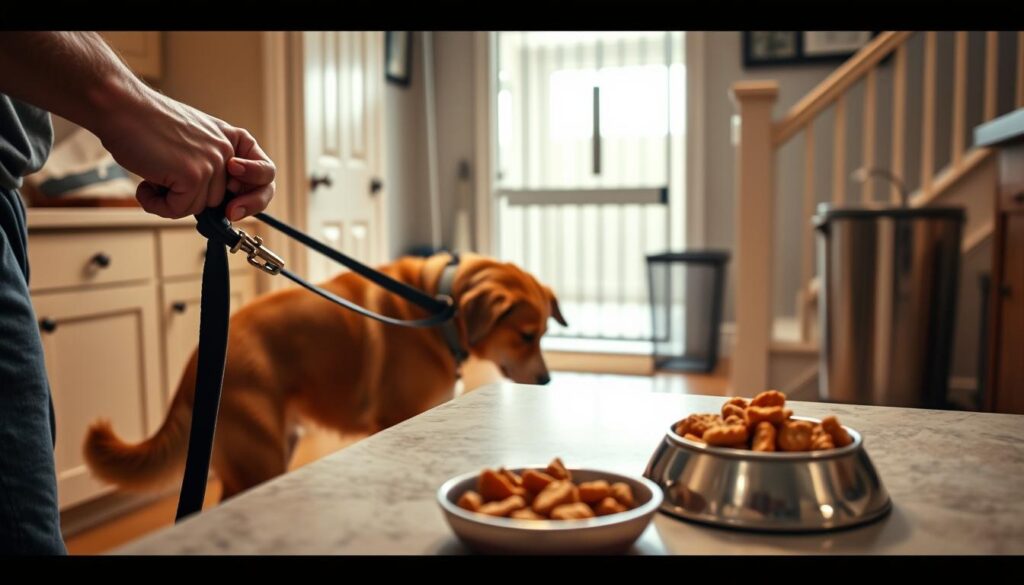
Stopping dogs from eating chicken bones is key. Dogs can’t always digest these bones safely. So, keeping them away is vital for their health.
Proper Food Storage Techniques
- Use secure, dog-proof trash containers with tight-fitting lids
- Dispose of chicken bone waste immediately after meals
- Keep kitchen counters clear of potential bone scraps
- Store food waste in sealed containers out of your dog’s reach
Training Commands for Emergency Situations
Teach your dog important commands to avoid bone dangers:
- Leave it command to stop them from picking up dangerous items
- Drop it command to release any potentially harmful objects
- Consistent recall training to immediately get your dog’s attention
Household Safety Guidelines
Make a safety plan to keep your dog safe from chicken bones:
- Educate all household members about bone dangers
- Provide appropriate chew toys as safe alternatives
- Supervise dogs during meal preparation and cleanup
- Consider dog-proof kitchen gates during cooking times
With these steps, you can lower the chance of your dog getting sick from chicken bones.
When to Seek Immediate Emergency Care
Knowing the signs of choking in dogs is key to saving their lives. Some situations need quick vet help after a dog eats chicken bones.
- Persistent or violent coughing
- Difficulty breathing
- Excessive drooling
- Repeated vomiting with blood
- Visible distress or extreme anxiety
- Inability to swallow water or food
Act fast when dealing with bone emergencies. Quick action can stop serious problems and save lives.
| Symptom | Urgency Level | Recommended Action |
|---|---|---|
| Choking | Highest | Immediate veterinary emergency |
| Bloody Vomit | High | Urgent clinic visit |
| Labored Breathing | Critical | Immediate medical attention |
Vets say never risk internal injuries. When in doubt, always contact your local emergency veterinary clinic. They can guide you and save your dog’s life.
Quick action can make the difference between a minor incident and a serious medical emergency.
Conclusion
Knowing what to do when Dog Eats Chicken Bones is essential, and your fast response can make a major difference in protecting your pet’s health. Acting quickly, staying calm, and watching your dog closely after the incident are key steps.
Understanding the signs of trouble and knowing when to call the vet can help you prevent serious complications. Preparation is one of the best tools a pet owner can have in any emergency.
Keeping your home safe, teaching your dog good habits, and staying aware of potential dangers all play a big role in preventing problems before they start. Responsible pet care goes a long way in keeping your dog healthy and happy.
Trust your instincts, seek professional guidance when needed, and remember: being ready matters—especially if a situation like Dog Eats Chicken Bones ever happens again.

